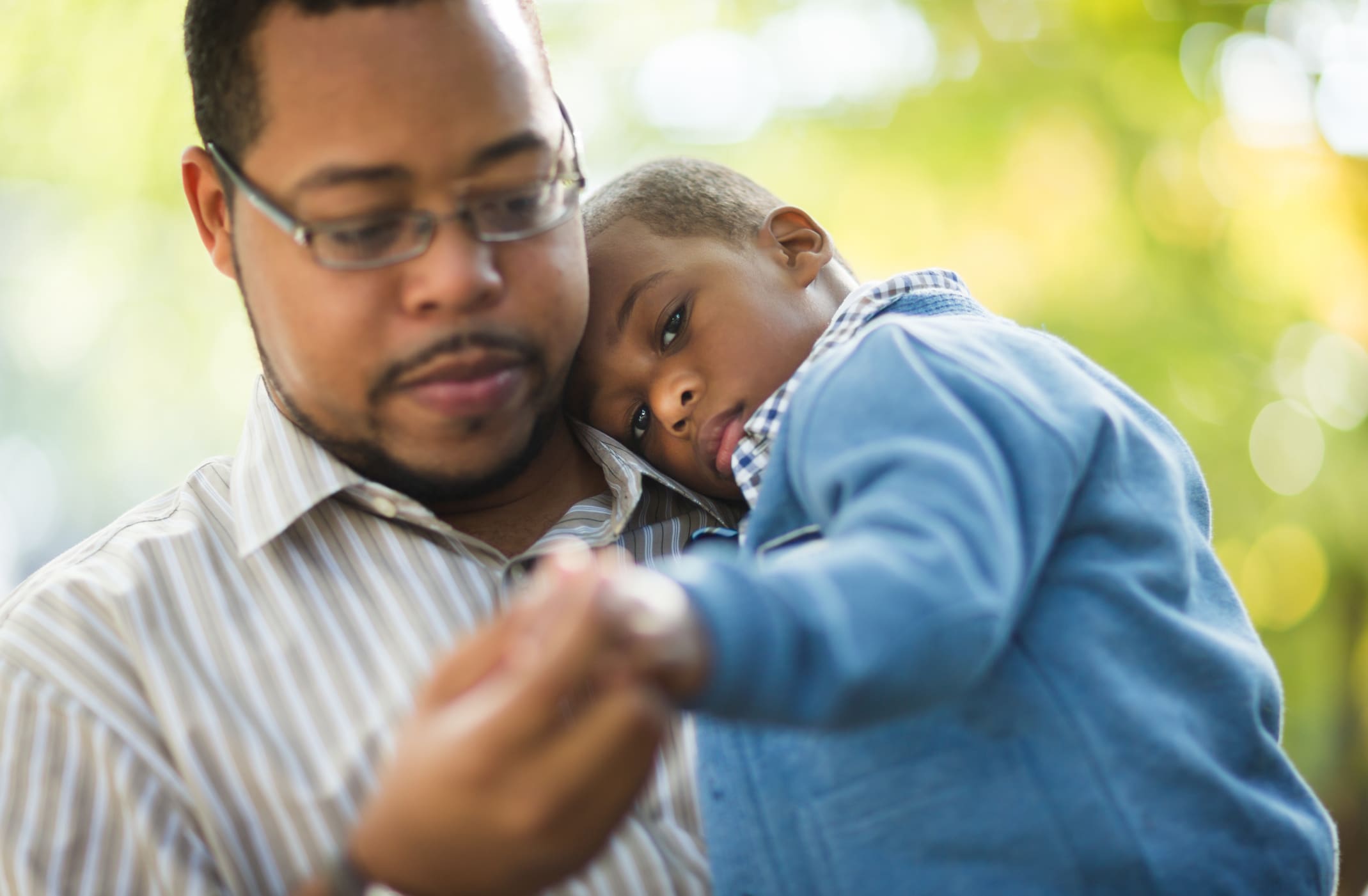The Forgotten Mourners: How to Support a Grieving Child

In Canada, approximately one in 14 children will experience the death of a family member by the age of 18. During such times, children are often overlooked in the grieving process and are sometimes referred to as “forgotten mourners.” Here are five ways you can support a grieving child...
The forgotten mourners
by: The Children’s Grief Foundation of Canada
In Canada, approximately one in 14 children will experience the death of a family member by the age of 18 (source). During such times, children are often overlooked in the grieving process and are sometimes referred to as “the forgotten mourners.”
The reality is that children navigate and manage the loss of a loved one in a variety of ways. A child’s grieving process may manifest through a range of emotions, behaviours, and physical sensations, which are often shaped by factors such as their age, personality, and the support network available to them.
If your child is grieving a loss, do what you can to ensure they don’t become yet another forgotten mourner. Below are five suggestions on how to give them thee support they need and help them cope with their grief:
1. Be honest about how the person died.
Children are perceptive and can often sense when something is being kept from them. If they aren’t given accurate information about the death, they may fill in the gaps with assumptions or misinformation they hear from others.
That’s why it’s crucial to be honest and straightforward, using clear language to explain what happened. Tailoring the language to the child’s developmental level is also beneficial. Using relatable examples, such as the death of a bug or a plant, can help little ones grasp the concept of death more easily.
2. Offer reassurance.
While grieving, children may have some worries and concerns, such as:
- Did I cause the death?
- Can I catch it?
- Why couldn’t I control or cure it?
- Who will take care of me now?
Offer reassurance by answering their questions as carefully and honestly as possible. Provide stability in their lives by maintaining everyday routines. Let them know that they are loved and cared for, and that you will be there to support them through the grieving process.
3. Provide opportunities for honouring the person they lost.
The child may feel disconnected from their loved one, especially as time goes on. You can help the child find meaningful ways to remember and honour the person they’ve lost by:
- Creating a memory book or scrapbook
- Planting a tree or flower in their memory
- Participating in a special ritual or ceremony to commemorate their life
- Encouraging the child to share fond memories and stories about their loved one
4. Practice open communication and active listening.
Let the child know that it’s normal to experience a range of emotions when grieving, including sadness, anger, guilt, or even relief. Validate their feelings and reassure them that whatever they’re feeling is okay and natural. Avoid trying to “fix” their emotions or telling them how they should feel. Consider taking some age-appropriate books on death out of the library to help encourage conversation and questions.
5. Seek support if needed.
If the child’s grief appears to be overwhelming or enduring, it may be time to seek the assistance of a therapist or counsellor specializing in children’s grief. Professional support can offer additional coping strategies and resources to aid the child in managing their emotions and processing their grief. Additionally, some local agencies provide support groups for grieving children, offering them the opportunity to interact with peers facing similar experiences.
It’s crucial to remember that every child experience grief differently, so it’s important to meet your child’s individual needs and preferences. Always approach “the forgotten mourners” with patience, compassion, and consistency in your efforts to assist them through this difficult time.
ABOUT THE AUTHOR
The Children’s Grief Foundation of Canada, a registered charity in Canada, raises funds to develop and expand children’s grief support programs nationwide. In Canada, the current healthcare system lacks adequate resources and access to preventative interventions that could mitigate risks and enhance the well-being of children and youth coping with the loss of a loved one. Although several organizations offer children’s grief support, these programs often face interruptions due to insufficient funding, leading to seasonal operation. Since 2020, the foundation has funded 17 programs across Canada, providing support to over 2755 grieving children and families. Their mission is to ensure accessible grief support for all grieving children throughout Canada. For more information, visit childrensgrieffoundation.org





